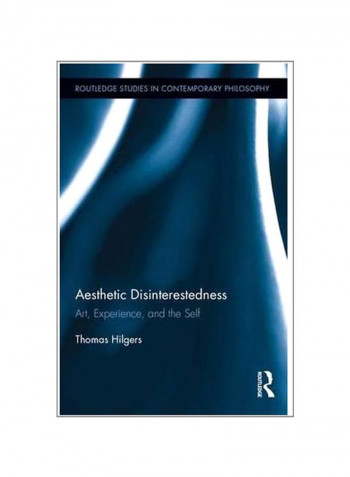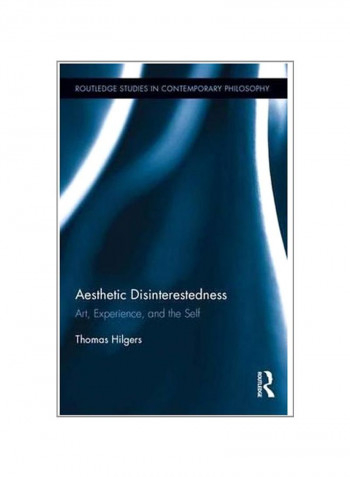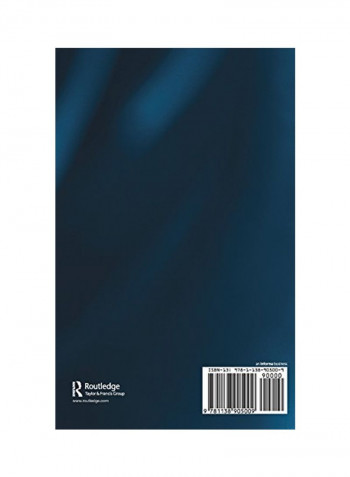Aesthetic Disinterestedness: Art, Experience, And The Self Hardcover
Recommend
Sort by
Rating
Date
Specifications
Country of Origin
India
Author 1
Thomas Hilgers
Book Description
The notion of disinterestedness is often conceived of as antiquated or ideological. In spite of this, Hilgers argues that one cannot reject it if one wishes to understand the nature of art. He claims that an artwork typically asks a person to adopt a disinterested attitude towards what it shows, and that the effect of such an adoption is that it makes the person temporarily lose the sense of herself, while enabling her to gain a sense of the other. Due to an artwork?s particular wealth, multiperspectivity, and dialecticity, the engagement with it cannot culminate in the construction of world-views, but must initiate a process of self-critical thinking, which is a precondition of real self-determination. Ultimately, then, the aesthetic experience of art consists of a dynamic process of losing the sense of oneself, while gaining a sense of the other, and of achieving selfhood. In his book, Hilgers spells out the nature of this process by means of rethinking Kant?s and Schopenhauer?s aesthetic theories in light of more recent developments in philosophy-specifically in hermeneutics, critical theory, and analytic philosophy-and within the arts themselves-specifically within film and performance art.
ISBN-10
1138905003
ISBN-13
9781138905009
Language
English
Publisher
Taylor & Francis Ltd
Publication Date
8-Dec-16
Number of Pages
190
About the Author
Thomas Hilgers is a research associate at the Kunstakademie Dusseldorf and the DFG-Priority Program 1688. After completing his dissertation in philosophy at the University of Pennsylvania in 2010, he was a research fellow at the Free University Berlin, the Kunstakademie Dusseldorf, and Columbia University. He has also taught seminars in philosophy and film studies at UPenn, the Free University Berlin, the Kunstakademie, the Humboldt University Berlin, and Potsdam University. His fields of research are aesthetics, philosophy of film, philosophy of technology, metaphysics, and the history of German philosophy since Kant.
Editorial Review
Thomas Hilgers's book is a distinctive and powerful contribution to an aesthetic theory of art ... Hilgers has worked out many of the details of a generally Kantian aesthetic theory of art and its value as fully as anyone, and his study significantly advances the discussion both of what art is and how and why it matters to us. - Notre Dame Philosophical Reviews




